Forget everything you thought you knew about holiday feasting, because we’re breaking down the biggest Thanksgiving nutrition myths.
While everyone else is filling their plates with wild abandon come Thanksgiving, the more health-minded of us will try to make the best choices possible. Although, are sweet potatoes really better than white potatoes? Is loading your turkey with cranberry sauce actually good for you?
So, before you attempt to maneuver your way around the pecan pie, check out our breakdown of the most common Thanksgiving nutrition myths as we separate fact from fiction – and everything in between.
Want to learn more about Paleo and how it can help you?
Grab our FREE “What Is Paleo?” Guide by clicking here!
1. Dark Meat Is Unhealthy
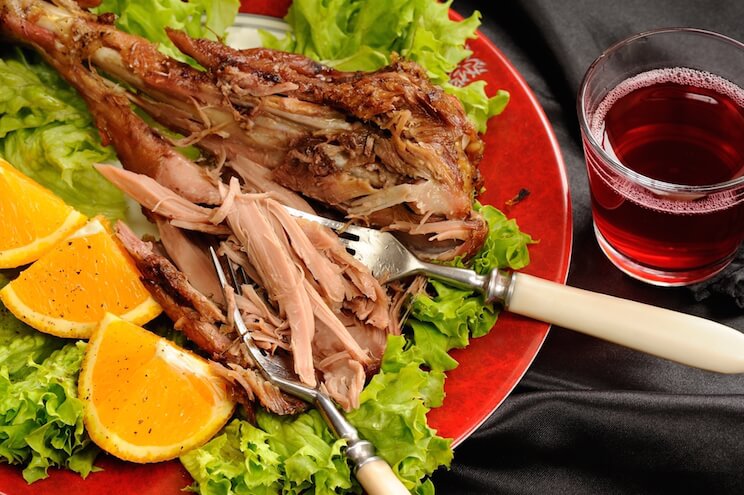
Fiction. This myth stems from the fact that dark meat has higher levels of saturated fat than its white meat counterpart. Fortunately, we now know that there’s nothing wrong with consuming saturated fat and that, in fact, it is an important part of a healthy diet (1).
To really drive this myth into the ground once and for all, consider the fact that dark meat has more B vitamins and beneficial amino acids like taurine (2).
The takeaway? Load up on the thighs and drumsticks.
2. Turkey Makes You Sleepy
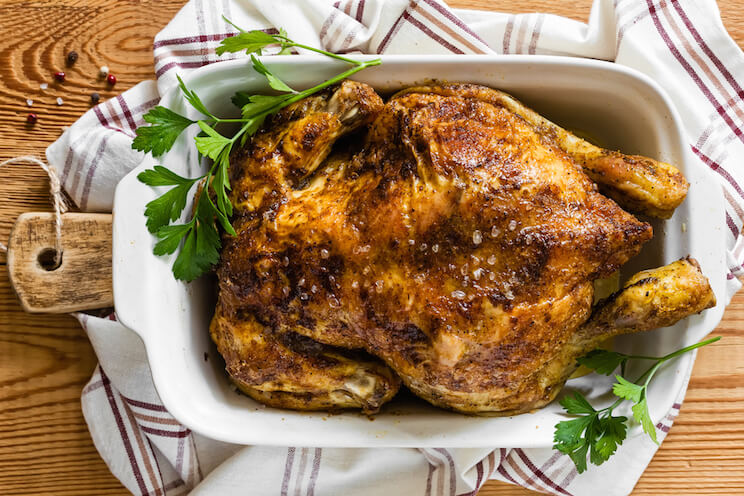
Fiction. Turkey contains the amino acid L-Tryptophan, which has been shown in studies to help aid relaxation and promote sleep. This has caused many people over the years to blame the turkey for their need to nap after the Big Dinner; however, turkey contains no more Tryptophan than any other type of poultry. In fact, it contains slightly less than tuna (and did you need a nap after that tuna salad?) (3).
Post-Thanksgiving meal grogginess is instead most likely due to eating such a big meal in one sitting. When you consume large amounts of food, your body shuttles most of its resources (oxygen, blood etc…) away from your brain and to your digestive tract to assist with digesting your meal. This can leave you sleepy with low-energy.
3. Sweet Potatoes Are More Nourishing Than White Potatoes
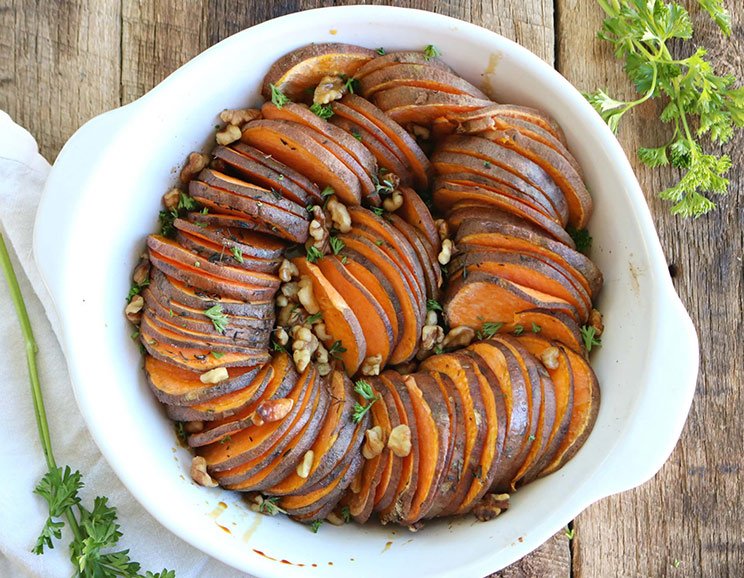
Fact. While white potatoes do contain some minerals and fiber, their sweet orange cousins are a much more nutrient-dense and worthy option. Sweet potatoes contain a ton of vitamin A and beta carotene (about 400 percent of your daily requirement in one cup) as well as magnesium and anti-aging antioxidants called anthocyanins (4).
Keep in mind that preparation still plays a role here, a sweet potato casserole covered in sugar and marshmallows isn’t going to be very healthy. Instead, choose dishes made with wholesome ingredients like scalloped sweet potatoes drizzled in ghee or sweet potatoes baked with Brussels sprouts. You can even use sweet potatoes to make low sugar pecan pie – no maneuvering needed.
4. Cranberry Sauce Is Full Of Antioxidants
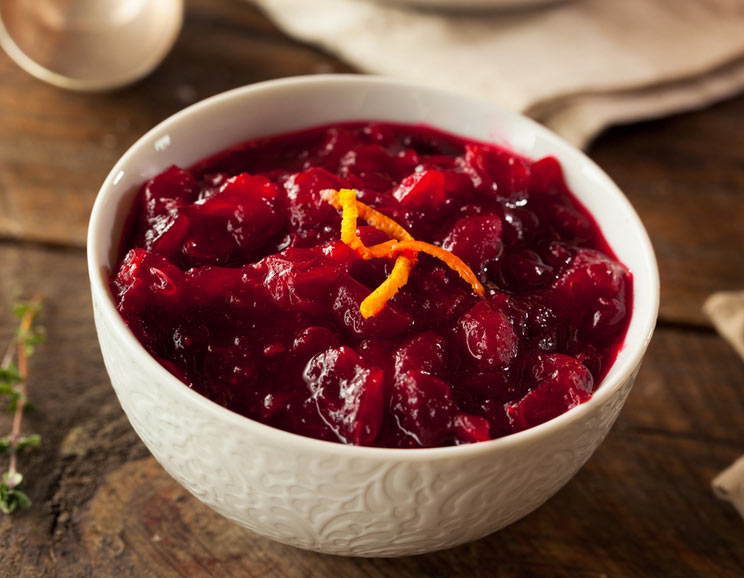
Fact and Fiction. If you’re choosing canned cranberry sauce for your Thanksgiving meal, it’s most likely filled with sugar and additional additives, which is anything but healthy. On the flip side, if your cranberry sauce is homemade using fresh cranberries and natural sweeteners such as raw honey or stevia, it’s true that your sauce is filled with free-radical fighting antioxidants and polyphenols. Studies have shown that these beneficial compounds in fresh and cooked cranberries can improve heart health, help prevent urinary tract infections, and boost your immune system (5).
5. Binging On Unhealthy Foods Just Once Won’t Do Any Harm
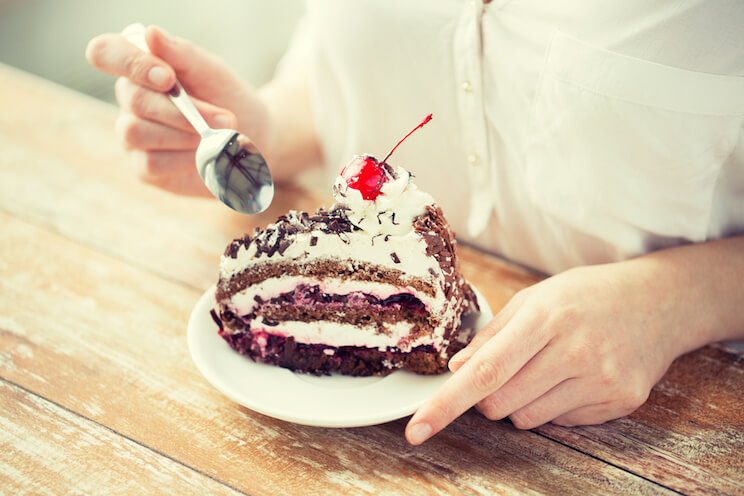
Fiction. No one wants to be a Debbie Downer on feast day. After all, one day of eating all the bad foods can’t hurt too much, right?
Unfortunately, studies show that a single very high-fat meal (especially if these fats aren’t so good, like those found in store-bought pies and such) can cause impaired vascular function and elevated serum triglycerides in as little as two hours following the meal (6). This might be no big deal for extremely healthy people (although it’s not recommended for anyone), but for those suffering from blood pressure and cholesterol problems, it’s something you shouldn’t do.
6. Red Wine is Better Than White Wine

Fiction. It’s true that red wine contains more tannins and powerhouse antioxidant resveratrol than white wine (7). However, this doesn’t mean that white wine is bad for you; on the contrary, studies have shown that there are actually a greater amount of antioxidants in white wine than red – it’s just that they’re of a different variety (8). The verdict? Either wine is OK in moderation, but if you want your resveratrol, opt for the red. Also, if you want to reap the full antioxidants benefits of either wine, make sure it’s organic.
7. Fresh Pumpkin Is Healthier Than Canned
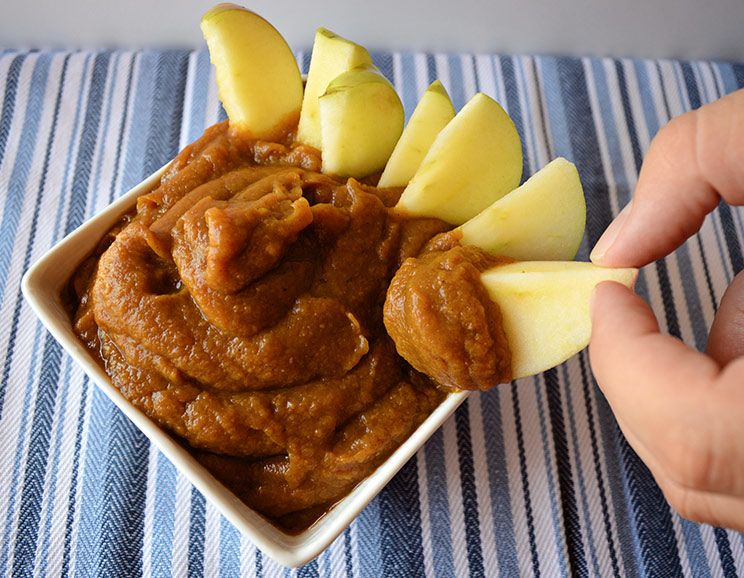
Fiction. While the paleo diet almost always advocates using fresh foods over canned as much as possible, canned pumpkin during Thanksgiving can be an exception. As long as you make sure there aren’t any added preservatives, sugar, or additives (or better yet, opt for the organic variety), there’s nothing inherently wrong with using canned: most report that it tastes superior and works better in recipes because it’s less watery than homemade purées. Again, just make sure that you’re getting pure pumpkin purées with no added ingredients.
The nutrients in canned versus regular pumpkin are almost identical as well, so you don’t have to worry about missing out on some of pumpkin’s delicious vitamins and minerals.
Healthy Thanksgiving Tips
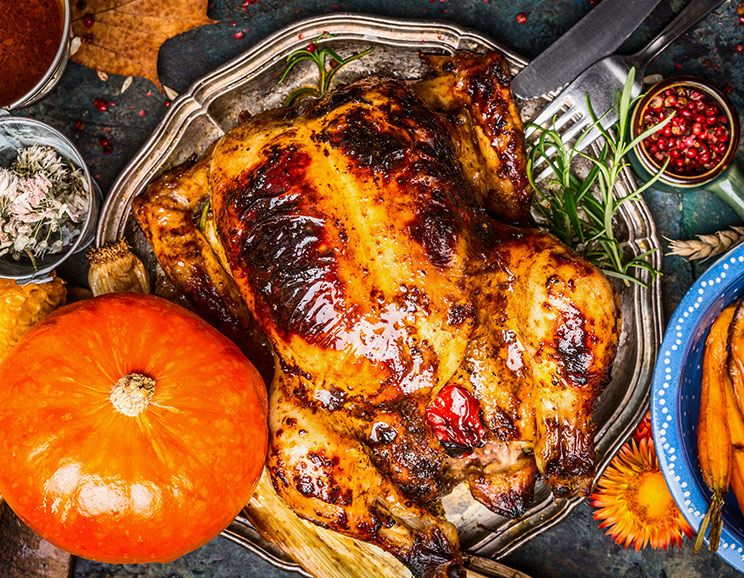
Now that you have your facts straight this Thanksgiving, here’s a few tips on how to make your feast even healthier:
Eat Before Dinner
If you’re prone to overeating or binging (or just don’t want to feel overly stuffed after the meal) make sure to eat before the big meal. This will keep you from feeling extra ravenous and reaching for thirds.
Veggies, Veggies, Veggies
If you’re trying not to overeat or fill up on too many non-Paleo foods, make sure to fill your plate with a ton of veggies. Squashes, pumpkin, Brussels sprouts, etc … all are healthy options. This is especially helpful if you’re visiting family that doesn’t follow the Paleo diet; bringing a hearty veggie dish from home can help you avoid having to eat anything with wheat, soy, or corn in it.
Use Paleo Sweeteners
Think raw honey, coconut sugar, or maple syrup when you think of paleo holiday desserts. Using these will help reduce blood sugar spikes and transform your dessert of the day into a guilt-free treat.
Identify Problematic Dishes
Unless they’re made with Paleo-friendly ingredients, skip the casseroles, puddings, and custards – they usually have a ton of dairy and gut-wrecking gluten. Tip: Green beans are not Paleo.
If you need to brush up on your Paleo foods, check out our guide for What Is and Isn’t Paleo.
The holidays can be stressful, as we all know. However, armed with your arsenal of facts, you can dismiss some popular Thanksgiving nutrition myths once and for all, which will leave more room for actually enjoying the day.

(Read This Next: The 10 Best Foods to Eat for Weight Loss)


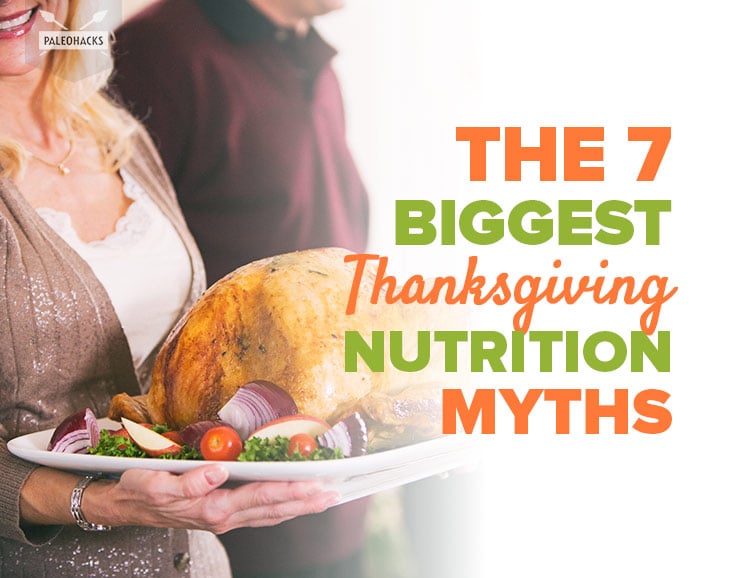
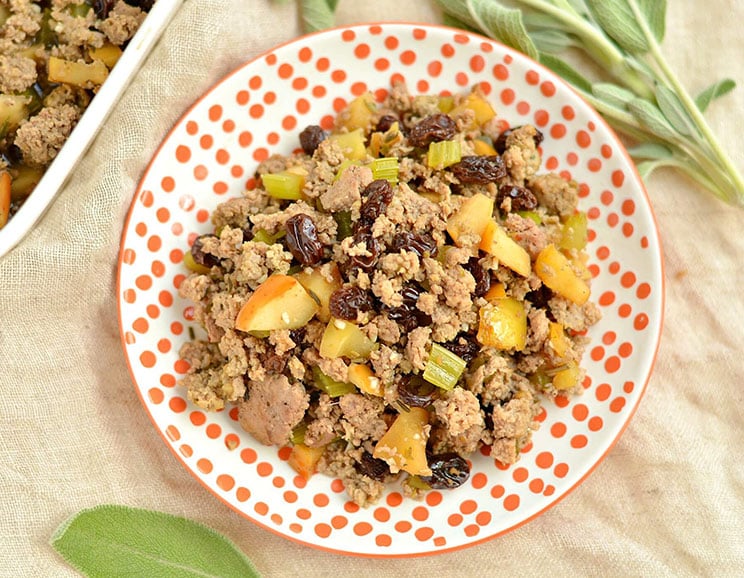 The 23 Best Gluten-Free Stuffing Recipes
The 23 Best Gluten-Free Stuffing Recipes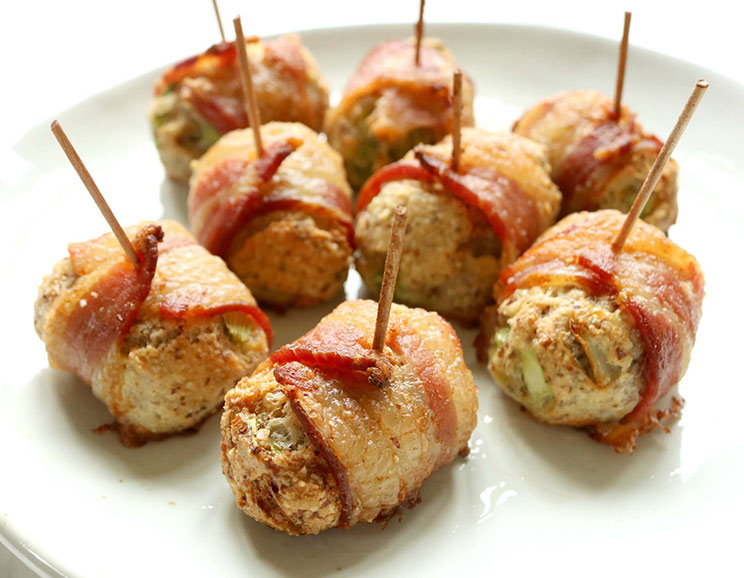


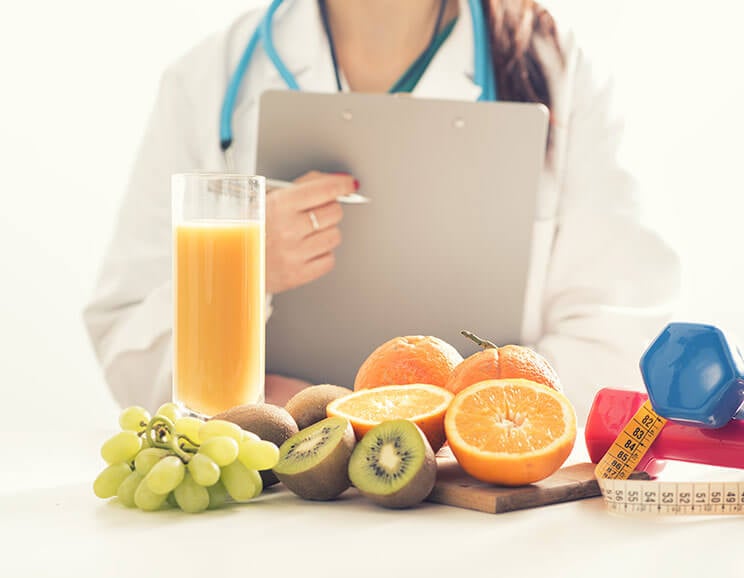
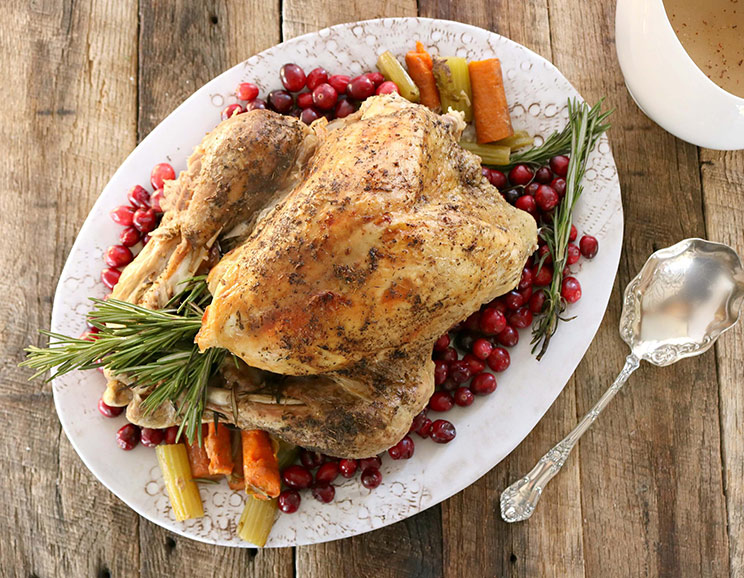
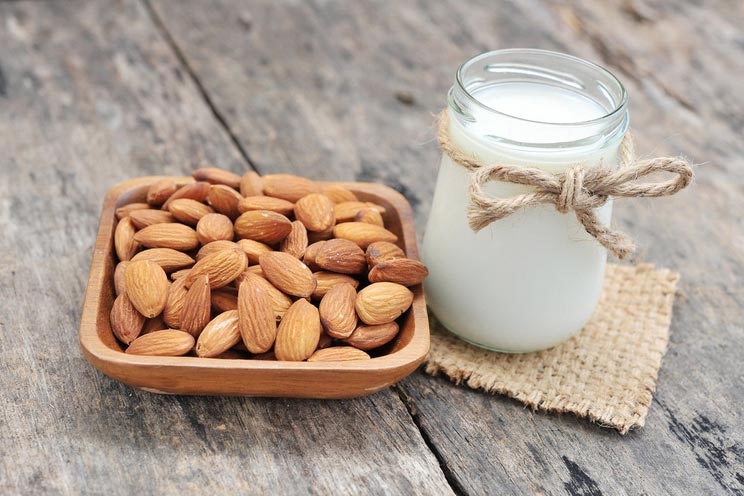
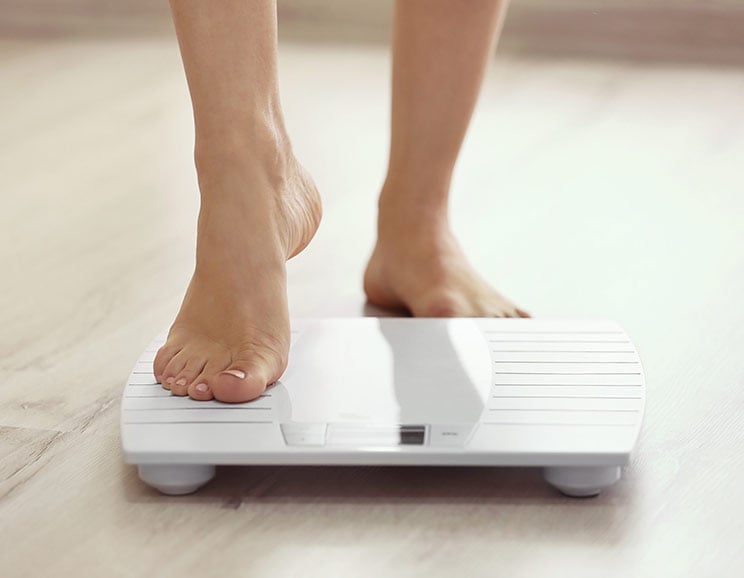
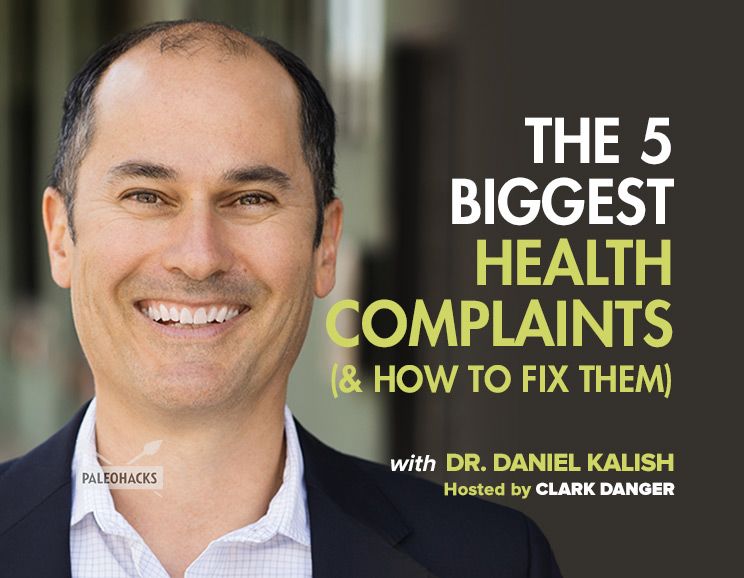
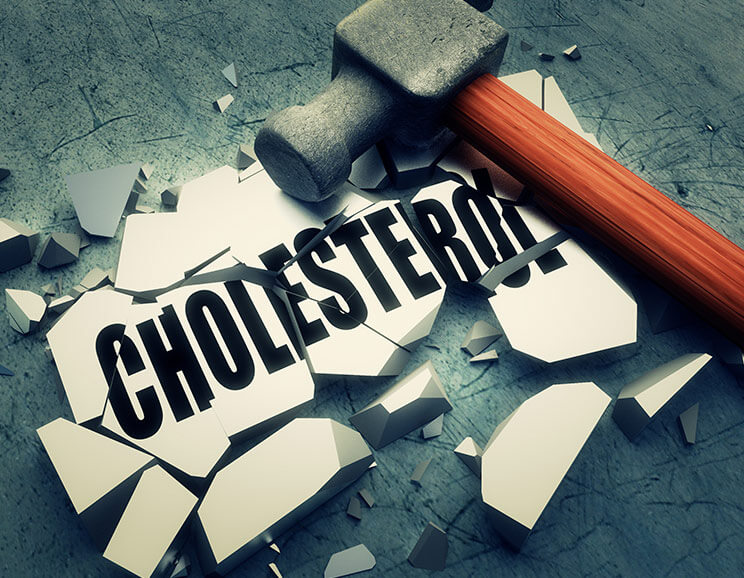
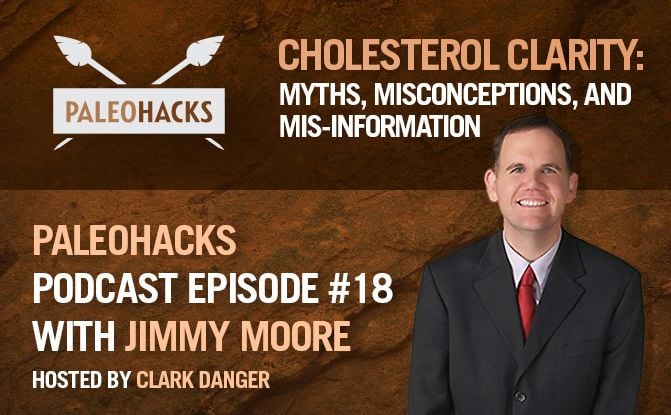
Show Comments